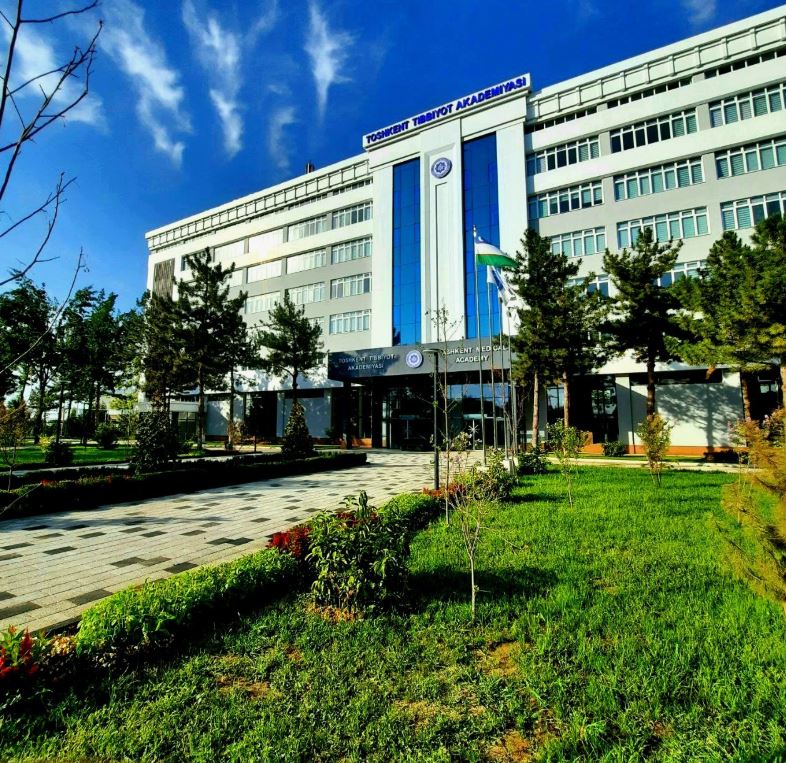How to Get Halal Certification for Exporting Goods

Strong 8k brings an ultra-HD IPTV experience to your living room and your pocket.
As the global demand for Halal products continues to rise, many businesses are now seeking to tap into this growing market by ensuring their goods and services meet the Islamic requirements for Halal. But for companies unfamiliar with Islamic dietary laws or guidelines for Halal compliance, the question often arises—how to get halal certification? This process can seem overwhelming at first, but with the right guidance, any business—from food manufacturers to cosmetics brands—can achieve certification and gain trust from Muslim consumers worldwide. Halal certification is more than a legal requirement; it's a symbol of integrity, transparency, and respect for religious values.
What Is Halal Certification and Why Is It Needed?
Halal certification is an official recognition that a product, process, or service complies with Islamic Shariah law. The word "Halal" means permissible in Arabic, and Halal-certified items are those allowed for consumption or use by Muslims. The certification is especially crucial in the food and beverage industry, but it also applies to pharmaceuticals, personal care items, logistics, slaughterhouses, and even tourism services. For businesses, Halal certification serves as a gateway to Muslim-majority markets such as the Middle East, Southeast Asia, and parts of Africa. It helps build credibility, promotes brand loyalty, and supports compliance with regulatory requirements in countries where Halal is legally mandated.
Steps on How to Get Halal Certification for Your Business
For businesses wondering how to get Halal certification, the process typically involves several structured steps. Although the exact procedures may vary depending on the country and certification body, the general framework remains consistent.
Understand the Requirements: The first step is to educate yourself about what constitutes Halal and Haram (forbidden) under Islamic law. For example, pork and its by-products, alcohol, and improperly slaughtered animals are all considered Haram. Even the equipment used for processing must be free of contamination.
Choose a Halal Certification Body: Businesses must select a recognized Halal certification authority in their region or in the markets they plan to enter. It’s essential to choose a certifier that is both credible and internationally accepted.
Submit an Application: Once a certifier is selected, the business must submit a formal application. This includes detailed information about the product, raw materials, manufacturing process, hygiene standards, and supply chain.
Audit and Inspection: The certification body will conduct an on-site inspection to evaluate the production facility, review documentation, and ensure there is no cross-contamination with non-Halal substances.
Testing and Review: Some certification bodies might conduct lab testing of products to detect any Haram ingredients. A thorough review of all materials and processes is done to confirm compliance.
Approval and Certification: If the facility passes inspection and testing, the business receives a Halal certificate, typically valid for one year. The certificate must be renewed periodically with follow-up audits.
Common Challenges in the Halal Certification Process
While the steps may sound straightforward, many businesses face common hurdles in their journey toward certification. One major challenge is ingredient sourcing—many additives or emulsifiers have animal origins that may not be Halal. Another issue is cross-contamination, especially in facilities that produce both Halal and non-Halal products. Companies also struggle with document control and traceability, as every component of the supply chain must be verified. Furthermore, the lack of standardized global Halal certification adds complexity. A certificate accepted in one country may not be recognized in another. Therefore, working closely with an experienced Halal consultant or certifying body is vital to navigating these challenges effectively.
Benefits of Having Halal Certification for Your Business
Obtaining Halal certification opens doors to lucrative business opportunities and fosters long-term growth. Firstly, it allows companies to legally export to countries with mandatory Halal regulations, such as Indonesia, Malaysia, and the UAE. Secondly, it enhances brand image and consumer trust, especially among the global Muslim population, which exceeds 1.9 billion. Thirdly, Halal certification is often associated with high standards of hygiene, quality control, and ethical sourcing, which appeal to non-Muslim consumers as well. Lastly, having Halal certification gives a competitive advantage and can boost sales, especially in markets where Halal-friendly products are in high demand.
Industries That Should Consider Getting Halal Certified
While the food and beverage industry is the most obvious sector that benefits from Halal certification, many other industries can also gain from it. These include pharmaceuticals, nutraceuticals, personal care and cosmetics, fashion, logistics, packaging, and even financial services. For example, Halal cosmetics avoid alcohol and animal-derived ingredients, while Halal logistics ensures that products are transported without contamination. Restaurants, hotels, and travel agencies catering to Muslim tourists can also boost their credibility and revenue by obtaining certification. Essentially, any business that wants to market to a Muslim audience should strongly consider becoming Halal certified.
Digital Transformation in the Halal Certification Process
In recent years, digital tools and platforms have made the Halal certification process more transparent and efficient. Many certification bodies now offer online application portals, document submission systems, and virtual audits. Blockchain technology is also being explored to provide full traceability of ingredients and prevent fraud. Artificial intelligence and machine learning are assisting in risk assessment and compliance monitoring. This digital shift not only speeds up the certification process but also increases consumer confidence by providing more accessible and verifiable information.
The Future of Halal Certification: Trends and Innovations
The global Halal market is expected to surpass $3 trillion by 2028, driven by rising awareness, population growth, and expanding Muslim middle-class consumers. In this dynamic environment, Halal certification is evolving to meet new consumer demands. There is a growing emphasis on ethical Halal, which considers sustainability, animal welfare, and environmental impact alongside religious guidelines. Halal certification is also extending into new areas like Halal tourism, Islamic finance, and lifestyle products. Furthermore, collaborations between governments, industry bodies, and certification agencies are underway to create more unified global Halal standards.
Conclusion
Understanding how to get Halal certification is essential for any business looking to thrive in today’s inclusive and ethically-conscious marketplace. It’s more than just a religious endorsement—it’s a stamp of quality, trust, and social responsibility. By embracing Halal certification, companies can unlock new markets, satisfy diverse customer needs, and establish long-term brand credibility. For those seeking expert guidance through the certification process, Halal Bureau offers tailored solutions and industry expertise to ensure a seamless and compliant journey toward Halal accreditation.
Note: IndiBlogHub features both user-submitted and editorial content. We do not verify third-party contributions. Read our Disclaimer and Privacy Policyfor details.







